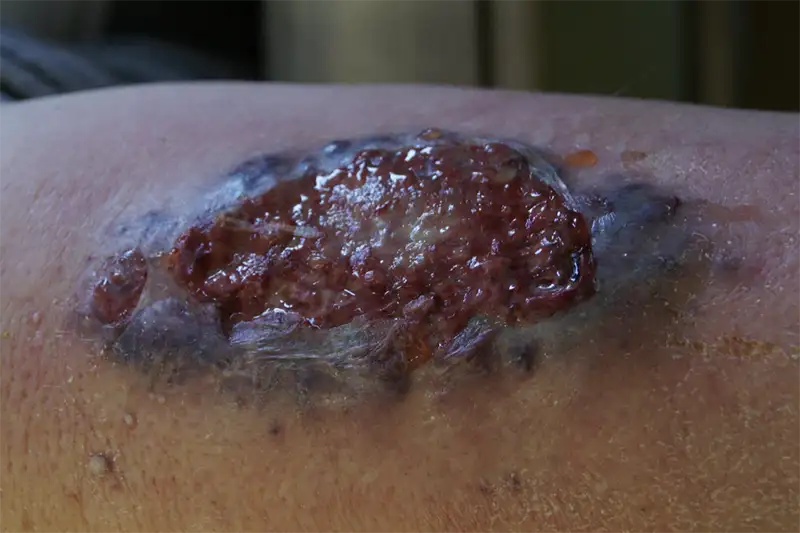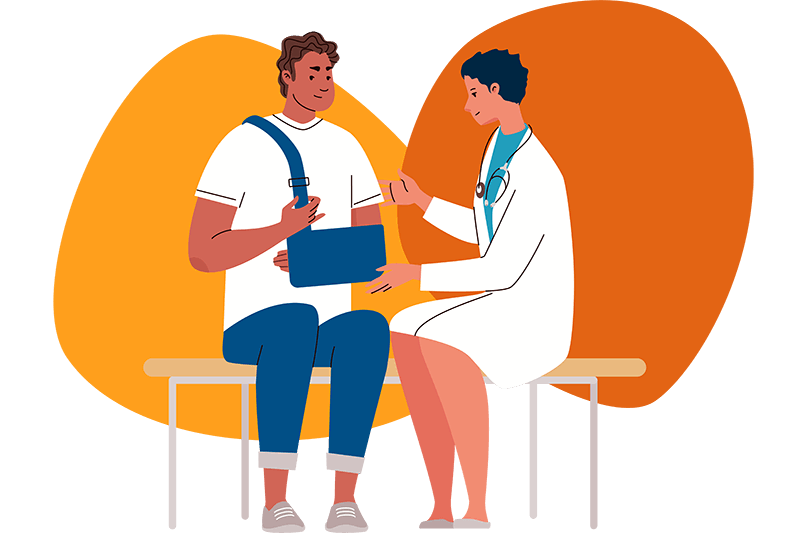What Are Atypical Wounds?
Atypical wounds are chronic, non-healing ulcers that arise from conditions unrelated to pressure, arterial, venous, or diabetic causes. These wounds may result from autoimmune diseases, infections, malignancies, or inflammatory disorders and often require specialized treatment.
Causes of Atypical Wounds
Atypical wounds can develop due to:
- Autoimmune & Inflammatory Diseases: Conditions like lupus, vasculitis, and pyoderma gangrenosum that cause excessive immune system reactions.
- Infections: Bacterial, fungal, or viral infections that impair skin integrity.
- Malignancies: Certain cancers, such as squamous cell carcinoma, can manifest as chronic non-healing wounds.
- Drug Reactions: Some medications can cause skin ulcers as a side effect.
- Genetic or Metabolic Disorders: Conditions such as sickle cell disease that affect skin healing and regeneration.
Symptoms of Atypical Wounds
Signs that a wound may be atypical include:
- Persistent, non-healing ulcers despite standard treatment
- Unusual wound appearance (e.g., raised, undermined edges or excessive tissue destruction)
- Extreme pain or minimal pain that seems disproportionate to the wound size
- Rapid deterioration without an obvious cause
- Associated systemic symptoms, such as fever, fatigue, or joint pain
Treatment Options for Atypical Wounds
At PWTT, we use a multidisciplinary approach to diagnose and treat atypical wounds effectively, including:
- Comprehensive Diagnostic Testing: Biopsies, blood work, and imaging to identify underlying conditions.
- Targeted Medical Therapy: Immunosuppressive treatments, antibiotics, or anti-inflammatory medications tailored to the wound’s etiology.
- Advanced Wound Care: Debridement, specialized dressings, and cellular-based therapies to support healing.
- Advanced treatments such as UVC (Ultraviolet C) light therapy to kill bacterial and viral pathogens including MRSA and VRE and low frequency ultrasound to promote deposition of granulation tissue and increase angiogenesis.
- Pain Management & Long-Term Care Planning: Customized strategies to address discomfort and
prevent recurrence.
FAQs About Atypical Wounds
How do I know if I have an atypical wound?
If a wound is not healing despite appropriate care, or if it has an unusual appearance, a specialist
evaluation is recommended.
Are atypical wounds treatable?
Yes, with proper diagnosis and targeted treatment, many atypical wounds can heal successfully.
Why is early diagnosis important?
Identifying the underlying cause early prevents complications and ensures the most effective treatment plan.
At PWTT, we are committed to delivering expert wound care and innovative treatments to help you heal faster and regain your quality of life.


